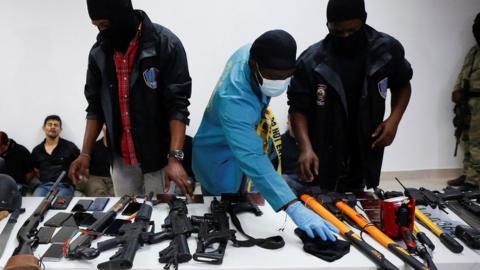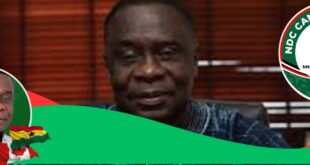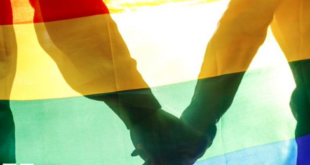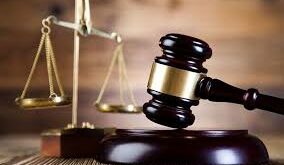Most were detained after a gun battle at a house in the capital Port-au-Prince where they were holed up.
Bloodied and bruised, suspects were paraded in front of media on Thursday, along with a slew of seized weapons.
Eight more suspects are still on the run and three others were shot dead by police officers.
Police say they are still searching for the masterminds behind the attack.
In the early hours of Wednesday, a group of gunmen broke into the president’s home in the capital, Port-au-Prince, and shot him and his wife. Mr Moïse was found lying on his back with 12 bullet wounds and a gouged eye, and died at the scene, according to authorities.
His wife Martine was seriously injured and has been flown to Florida for treatment, where she is said to be in a stable condition.
Police said the hit squad included 15 Colombians and two Haitian-Americans.
Angry civilians had joined in the search for the gunmen, and helped police track down some of them who were hiding in bushes.
“We Haitians are appalled, we do not accept it,” one man told AFP news agency. “We are ready to help because we need to know who is behind this, their names, their background so that justice can do its job.”
The crowd later set fire to three of the suspects’ cars and destroyed evidence. The police chief called for calm, saying the public should not take the law into their own hands.
Taiwan confirmed that 11 of the suspects were arrested at its embassy, where they had broken into one of its courtyards.
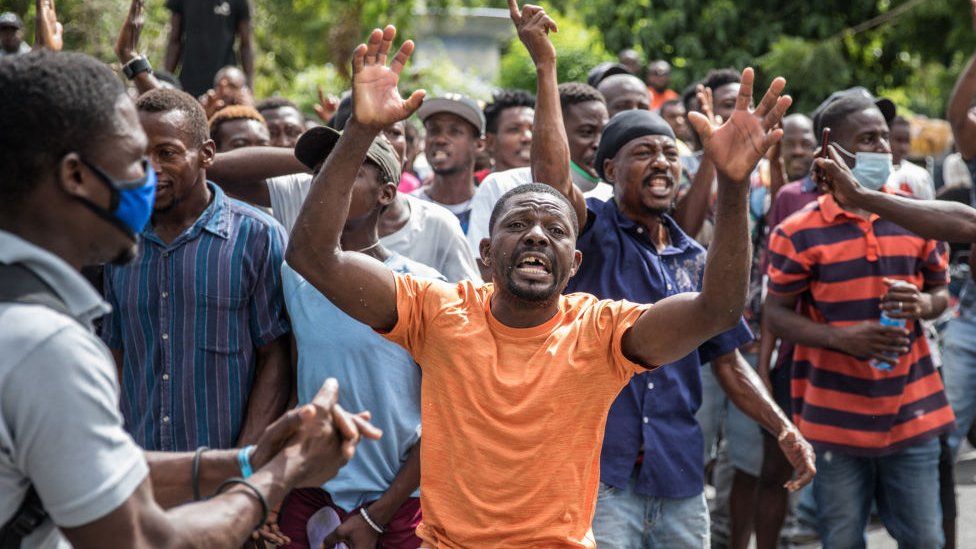 IMAGE COPYRIGHTGETTY IMAGES
IMAGE COPYRIGHTGETTY IMAGESThe motive for the attack is still unclear. However, Haiti’s interim Prime Minister Claude Joseph told the BBC that the 53-year-old president may have been targeted because he was fighting corruption.
At the news conference on Thursday, police also showed reporters Colombian passports. “Foreigners came to our country to kill the president,” Mr Charles said, as the suspects sat on the floor behind him in handcuffs.
Colombia’s government has confirmed that at least six of the suspects appeared to be retired members of its military. It has pledged to assist Haiti with its investigation efforts.
The US state department, meanwhile, said it could not confirm if any of its citizens had been detained.
However US and Canadian media are reporting that one of the dual citizens arrested, James Solages, 35, is from Florida and was a former bodyguard at the Canadian embassy in Haiti.
The killing has triggered some civil unrest in what is the poorest nation in the Americas. A state of emergency remains in force across the country, while the Dominican Republic – which shares the island of Hispaniola with Haiti – has closed its border.
How did the attack unfold?
Heavily armed assassins stormed the president’s home in the hills above Port-au-Prince at around 01:00 local time (05:00 GMT) on Wednesday.
Video released after the shooting appeared to show men dressed in black pretending to be US drugs agents, shouting: “DEA [US Drug Enforcement Administration] operations, everybody stay down!”
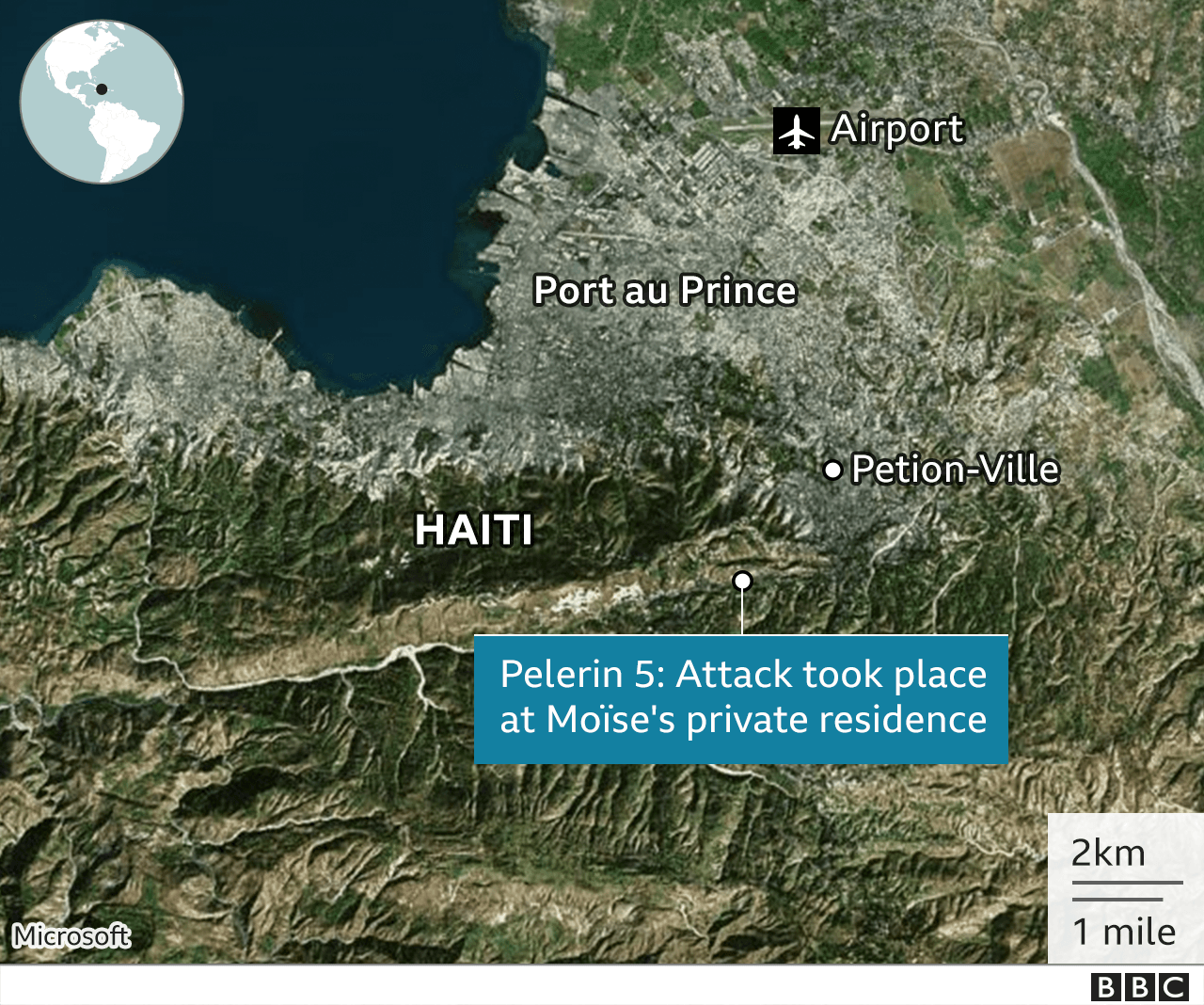

The president’s office and bedroom were ransacked during the attack.
The couple’s daughter Jomarlie and sons Jovenel Jr and Joverlein are reportedly in a safe location. Jomarlie survived by hiding in a bedroom, while two domestic staff members were tied up by the attackers.
Who is in charge of the country?
The assassination has prompted confusion over who is in charge of Haiti. The constitution says the president of the Supreme Court should take over, but he recently died of Covid-19.
After that, amendments suggest the prime minister should lead. During his four years in office, Mr Moïse had six prime ministers and on Monday, a day before he was killed, he had nominated a seventh, Ariel Henry.
Mr Henry had not yet been sworn in, but insists he should be in charge.
Mr Joseph, the interim prime minister, told the BBC he was “puzzled” by Mr Henry’s statement.
The UN has said Mr Joseph should remain in charge until elections are held later this year.
He has said he will not stand for the presidency. “I’m not here to stay too long. We need to hold elections. I do not have a personal agenda,” he said.
Even before President Moïse’s assassination, the situation in Haiti was marked by instability and there had been widespread protests demanding his resignation.
Parliamentary elections should have been held in October 2019 but disputes delayed them, meaning Mr Moïse had been ruling by decree.
BBC.COM
 Home Of Ghana News Ghana News, Entertainment And More
Home Of Ghana News Ghana News, Entertainment And More
